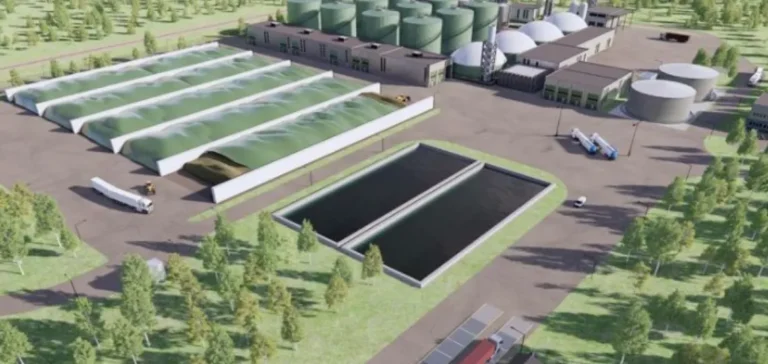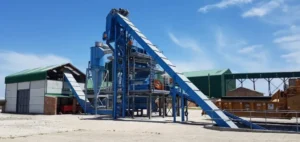Copenhagen Infrastructure Partners (CIP) has announced the final investment decision for the Nivalan Biokaasu project, set to become the largest liquefied renewable natural gas (bioLNG) facility in Finland. The decision was made through the CI Advanced Bioenergy Fund I (CI ABF I), marking the fund’s first investment outside Denmark and its third overall project.
Scheduled to begin construction in late 2025, the Nivala site will produce over 200 GWh of biomethane annually once operational in the second half of 2027. The project received significant capital expenditure (CAPEX) support from the Finnish Ministry of Economic Affairs and Employment in 2024, underlining its national and regional relevance.
A landmark project for bioenergy in Finland
The facility will process more than 600,000 tonnes of agricultural and industrial organic waste per year into biomethane. According to estimates, the plant will displace up to 38,000 tonnes of fossil-based carbon dioxide annually. The project is being developed in partnership with local developer Wega and regional authorities, aiming to enhance the value of local organic material streams.
This development strengthens the CI ABF I fund’s expansion strategy targeting industrial-scale bioenergy projects in European markets. CIP states that the investment aligns with its goals for capital deployment into next-generation energy infrastructure.
Investment momentum beyond Denmark
Thomas Dalsgaard, Partner at CIP, said the project represents a significant milestone for the fund and its investors, with expected benefits for rural communities and local agricultural networks. The commitment of local authorities and institutional support were key to securing the investment and establishing the feedstock supply chain.
Founded in 2012, Copenhagen Infrastructure Partners is today one of the world’s largest fund managers dedicated to early-stage energy infrastructure projects. Its portfolios span multiple segments, including wind, solar, storage, biomass, grid infrastructure, and alternative fuels.






















